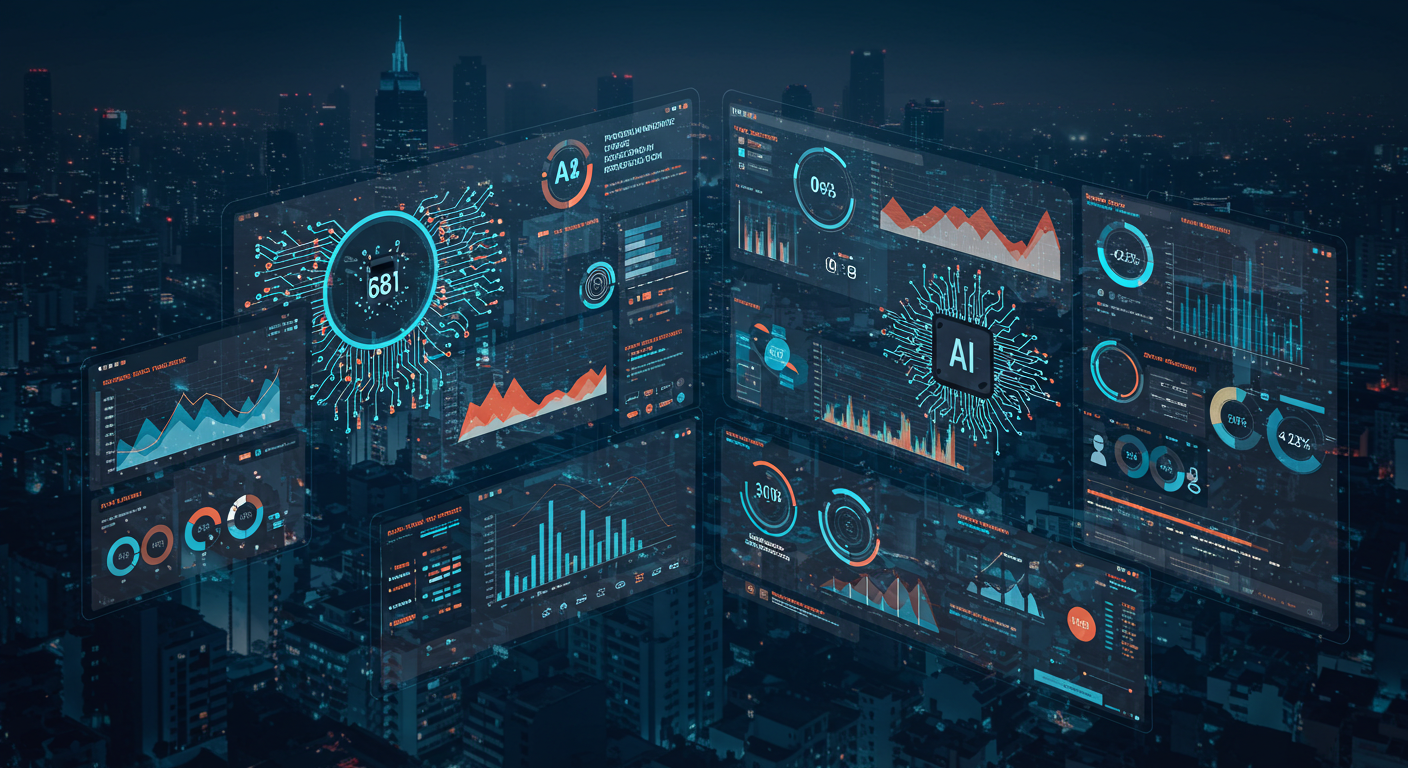
Programmatic Marketing Leveraging AI for Bidding Optimization
Programmatic marketing is evolving with the integration of artificial intelligence (AI), offering new opportunities for optimizing bidding strategies. In this guide, we’ll explore how AI is transforming programmatic advertising and driving more efficient bidding outcomes. Learn how you can leverage AI for smarter, data-driven bidding decisions in programmatic marketing campaigns.

What is Programmatic Marketing and Why Does It Matter?
Programmatic marketing refers to the use of automated technology to buy and optimize digital advertising in real-time. With the growing complexity of digital advertising, programmatic marketing is becoming essential for businesses to reach their audience efficiently and cost-effectively. In 2025, programmatic marketing is not just about automation—it’s about data-driven decision-making. By leveraging AI, businesses can achieve more personalized ad experiences, refine targeting, and ensure more precise budget allocation. This efficiency is key for improving ROI on digital ad campaigns.
How AI is Revolutionizing Programmatic Marketing?
AI has introduced significant innovations in programmatic marketing, enhancing the effectiveness and efficiency of ad bidding, targeting, and delivery.
AI’s Role in Data Analysis for Bidding Optimization
AI allows marketers to analyze vast amounts of data quickly and accurately. By processing consumer behavior, demographics, and historical campaign performance, AI can identify patterns that humans might miss. This leads to more intelligent bidding strategies based on real-time insights, helping businesses make faster, data-driven decisions.
Machine Learning Algorithms for Smarter Bidding Decisions
Machine learning algorithms continuously improve their decision-making capabilities based on historical data. In programmatic marketing, this means that AI can predict the most effective bid prices for ads in real time, adjusting dynamically to market conditions. This reduces the risk of overspending or underbidding, leading to more efficient advertising spend.
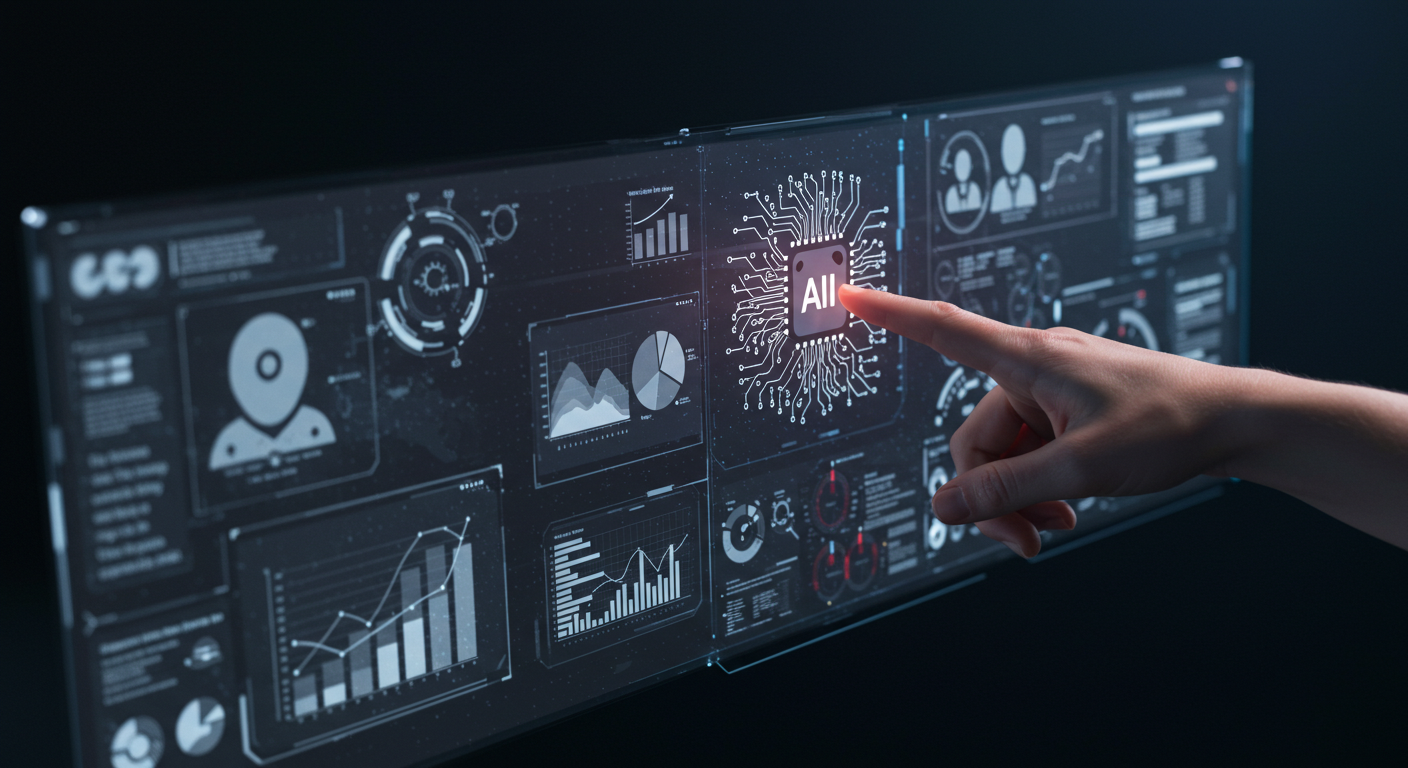

The Benefits of AI in Programmatic Bidding Optimization
AI brings a range of benefits to programmatic bidding optimization, making it a game-changer for digital marketers. Here’s how businesses can benefit:
Enhanced Campaign Efficiency and Cost Savings
AI-powered bidding optimization helps marketers make more strategic bids by analyzing real-time data and optimizing bids automatically. This means your campaigns can operate more efficiently, maximizing ad spend while minimizing wastage.
Real-Time Adaptability and Flexibility
AI enables programmatic platforms to adapt bids in real time based on various factors such as market trends, audience behaviors, and ad performance metrics. This flexibility ensures that campaigns are always adjusted to optimize cost-per-click (CPC) and cost-per-acquisition (CPA) in real-time.
Improved Targeting for Higher Conversion Rates
With AI’s ability to analyze user data and predict the likelihood of conversion, it can target the right audience at the right time with the right bid. This improves targeting precision, resulting in higher conversion rates and ultimately a better ROI for advertisers.
Key AI Technologies Driving Programmatic Bidding Optimization
AI technologies like machine learning, deep learning, and predictive analytics are driving programmatic bidding optimization. Here’s a breakdown of the key technologies at play:
Predictive Analytics for Accurate Bidding Forecasts
Predictive analytics uses historical data and AI-driven models to forecast future trends. By predicting future user behaviors and market conditions, AI can forecast the best times to bid and adjust bidding strategies proactively. This allows businesses to bid confidently on high-value impressions.
Natural Language Processing (NLP) for Better Contextual Targeting
NLP, a subset of AI, helps programmatic platforms understand the context of the content being consumed by users. It enables more accurate targeting by identifying keywords, topics, and content sentiment, ensuring that ads are placed in the most relevant contexts, improving the chances of conversion.
Reinforcement Learning for Dynamic Bidding Adjustments
Reinforcement learning is a type of machine learning where AI models learn by interacting with the environment and receiving feedback. In programmatic bidding, reinforcement learning allowed outcomes. AI to make real-time adjustments to bids based on campaign performance, continually optimizing bids for improv
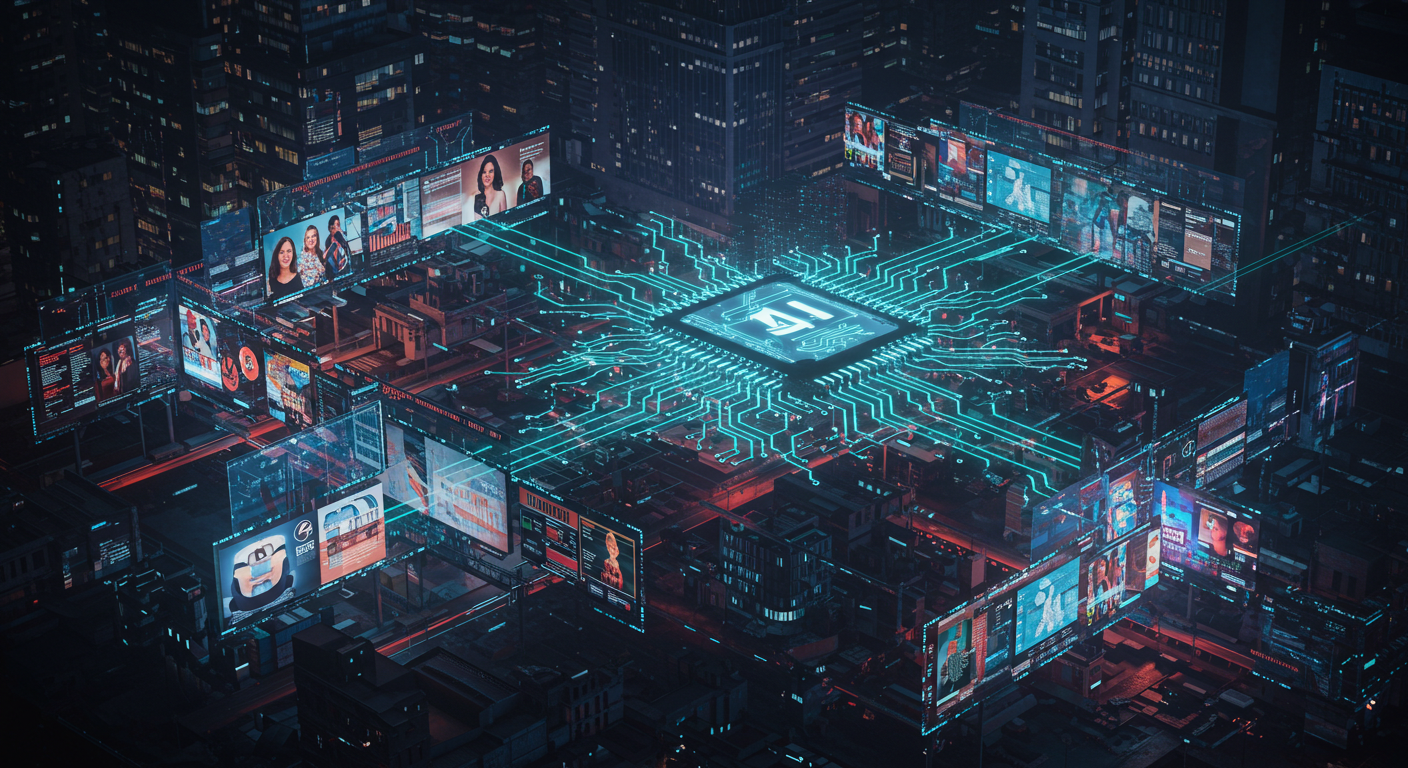
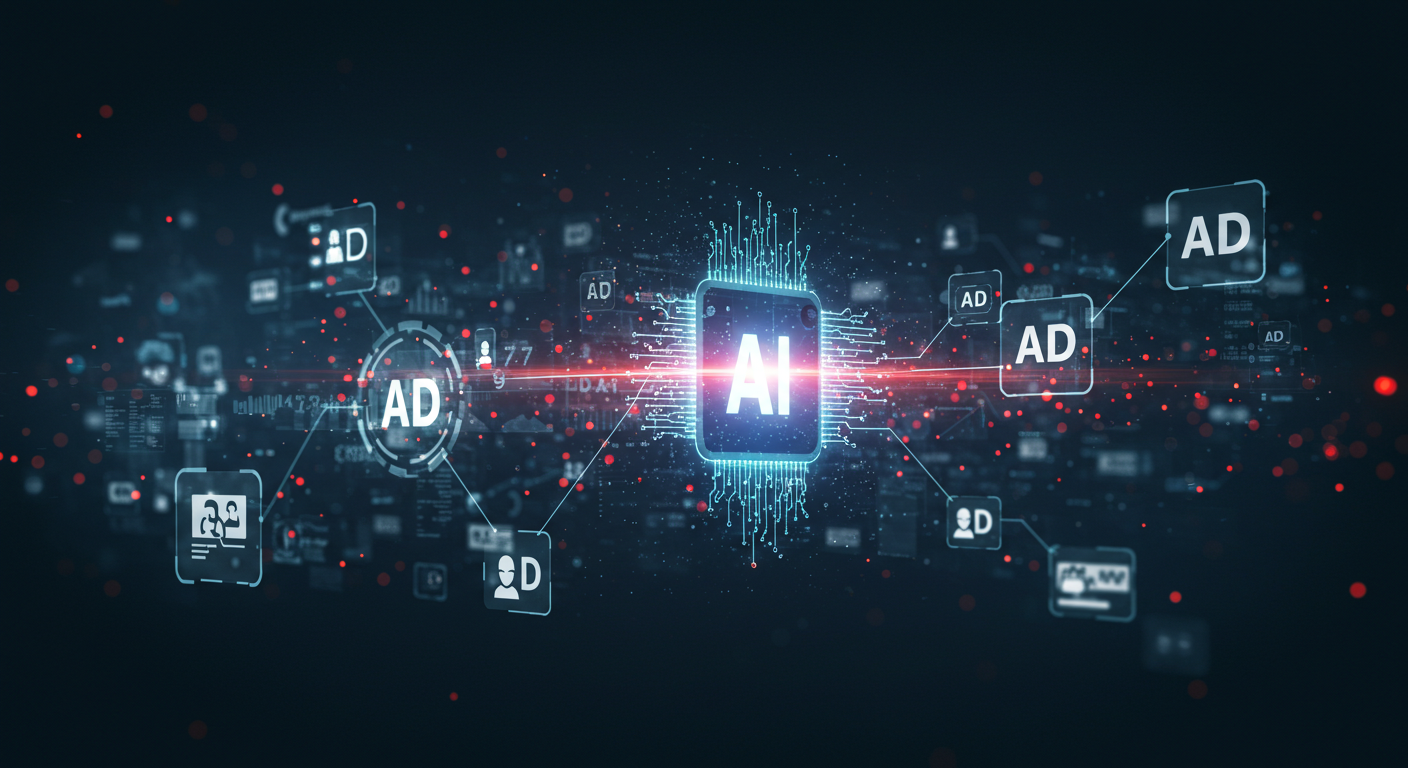
Real-World Examples of AI-Powered Bidding Optimization in Programmatic Marketing
Many brands are already using AI-powered programmatic bidding optimization with impressive results. Here are a couple of case studies that highlight its success:
Case Study 1: Increased ROI for E-Commerce Campaigns Using AI-Driven Bidding
An e-commerce brand used AI-powered programmatic bidding to optimize their digital ad campaigns. By leveraging machine learning algorithms, the brand increased ad engagement and conversion rates while lowering cost-per-acquisition by 25%. The AI continually adjusted bid prices based on user intent, delivering optimal results across various channels.
Case Study 2: Media Company Enhances Audience Targeting with Predictive Analytics
A leading media company used predictive analytics powered by AI to better understand audience behaviors and preferences. With real-time bidding optimization, they saw a 35% increase in ad revenue by bidding more effectively on high-value impressions and improving their ad relevancy.
Challenges of Leveraging AI for Programmatic Bidding Optimization
While the advantages of AI are clear, there are still some challenges that businesses may face when adopting AI for programmatic bidding optimization.
Data Quality and Integration Issues
AI’s effectiveness is heavily dependent on the quality of data. If the data used for training AI models is incomplete, biased, or inaccurate, the AI may make poor bidding decisions. Ensuring that data is properly integrated and cleaned is critical for maximizing the benefits of AI.
Keeping Up with Rapid Technological Changes
The landscape of AI and programmatic marketing is constantly evolving. Marketers need to stay updated on the latest AI developments and trends to ensure their bidding strategies remain competitive and effective. Continuous training and updates to AI models are essential to maintain optimal performance.
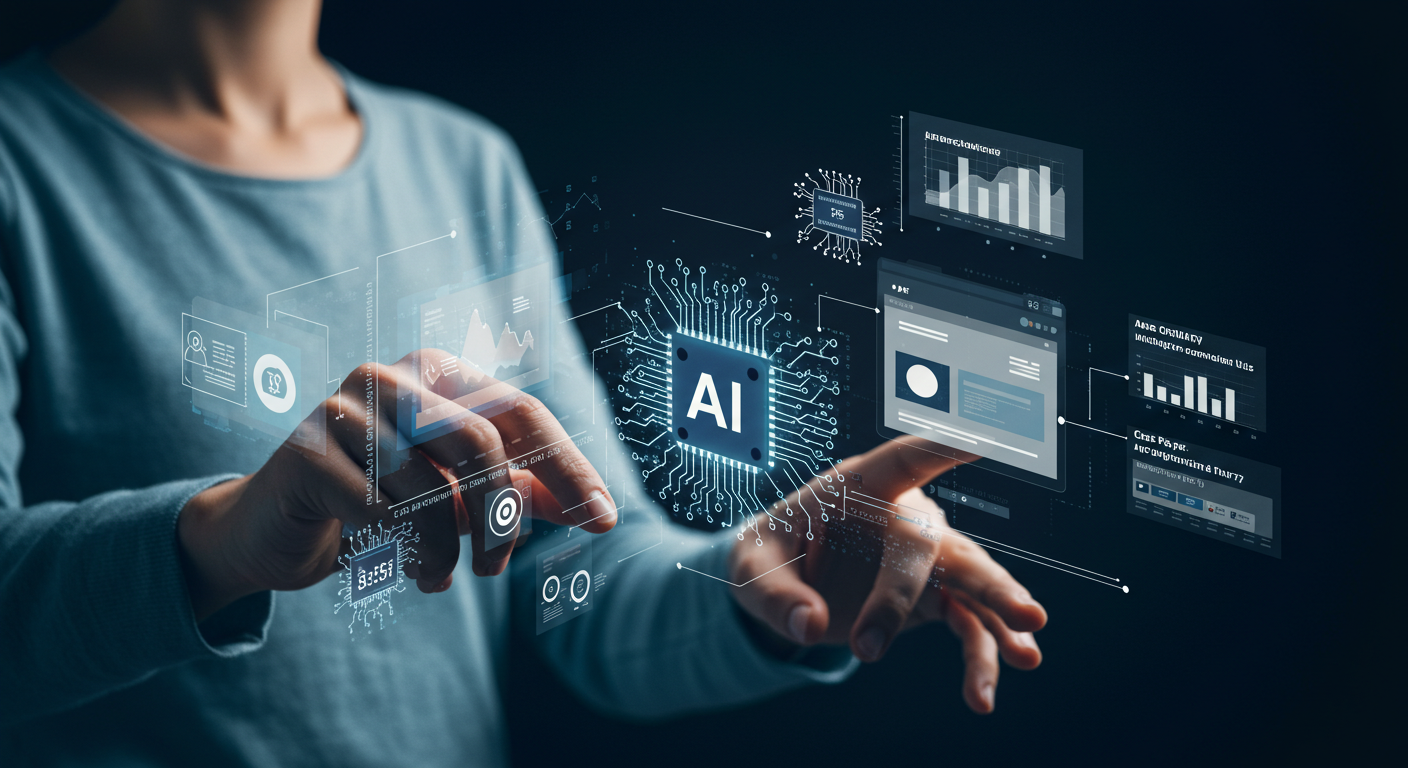
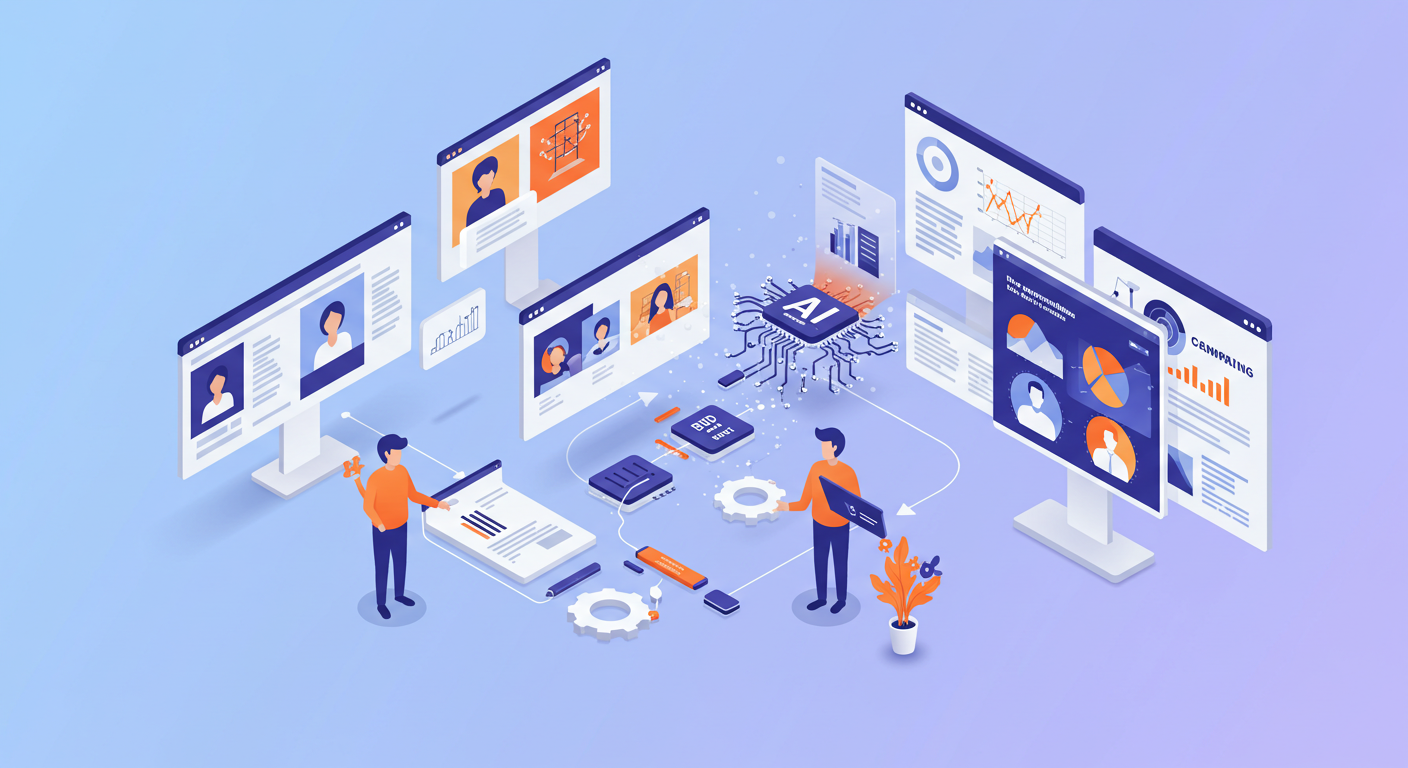
The Future of Programmatic Marketing and AI Bidding Optimization
As AI continues to evolve, the future of programmatic marketing looks even more promising. Here’s what we can expect:
Full Automation of Bidding Strategies
In the near future, AI-powered programmatic bidding may reach a level of full automation, with AI making 100% of bidding decisions based on data. This will significantly reduce human involvement and increase efficiency.
Hyper-Personalized Ad Experiences
AI will allow for even more hyper-personalized advertising, where bids are adjusted not just based on demographics, but on individual user preferences, behaviors, and context in real-time. This will drive greater engagement and higher conversion rates for advertisers.
Conclusion: Embrace AI for Smarter Programmatic Bidding Optimization
In conclusion, leveraging AI for programmatic bidding optimization is a powerful strategy for improving efficiency, targeting, and ROI in digital advertising. By embracing AI technologies like predictive analytics, machine learning, and reinforcement learning, businesses can stay ahead of the competition and optimize their ad spend for better results. The future of programmatic marketing is AI-driven, and businesses that invest in this technology will see significant rewards
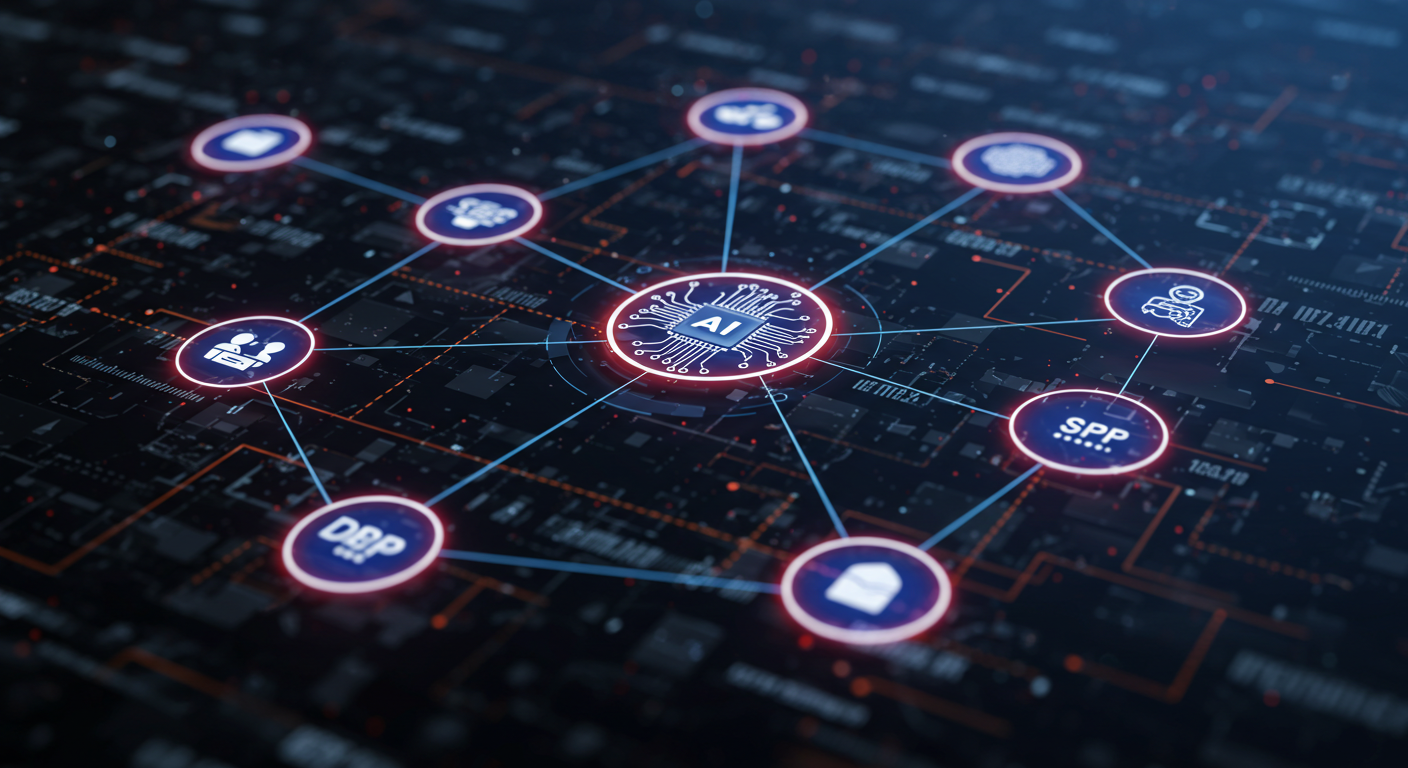
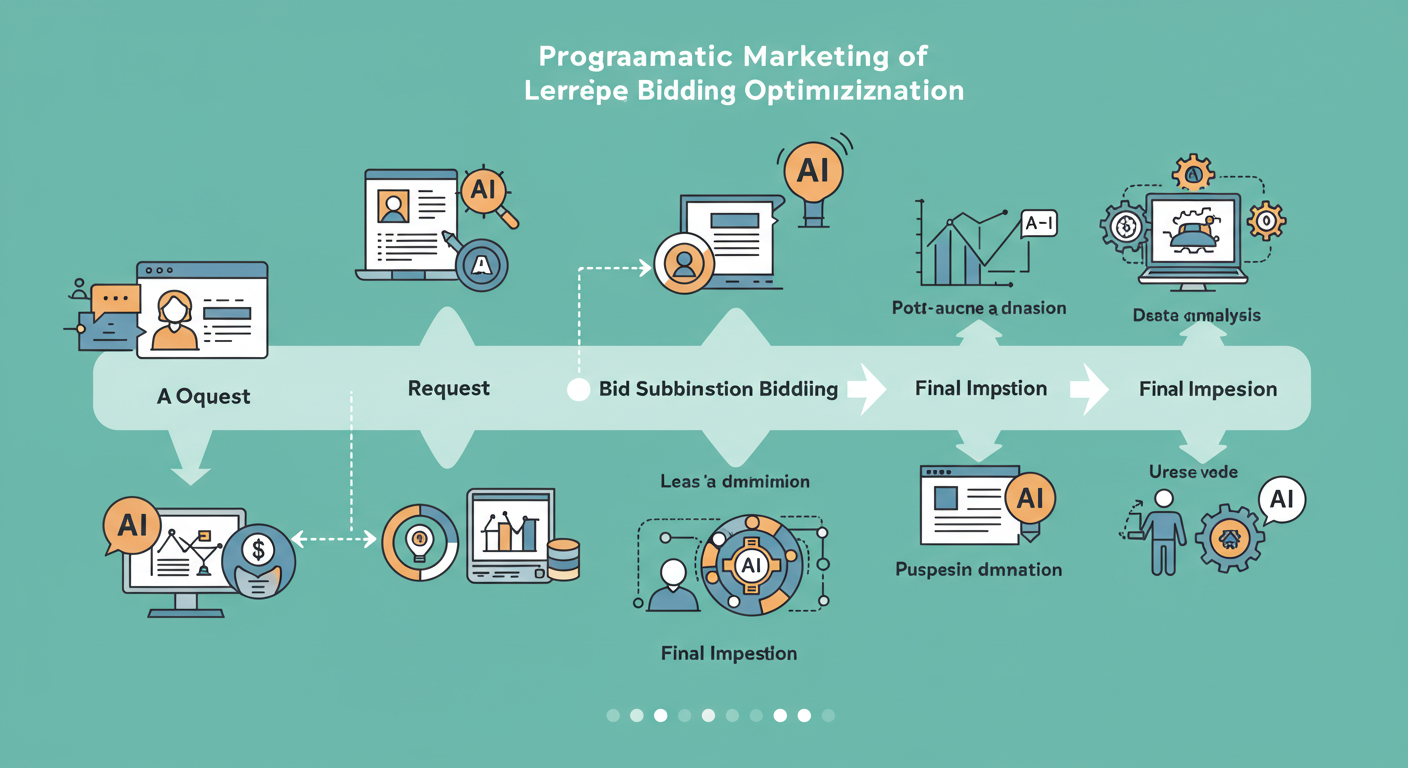
FAQs About Programmatic Marketing Leveraging AI for Bidding Optimization
How does AI optimize programmatic bidding?
AI optimizes programmatic bidding by analyzing vast amounts of data, predicting future trends, and adjusting bids in real time to ensure efficient ad spend and higher conversion rates.
Can AI improve my ROI on digital ads?
Yes! AI helps you bid smarter, ensuring your ad budget is spent effectively and that ads reach the most relevant audience. This leads to improved engagement and higher ROI.
Is AI-powered bidding fully automated?
While many AI tools are highly automated, human oversight is still required for strategy development, monitoring, and adjustment. However, full automation of bidding decisions is becoming more common.